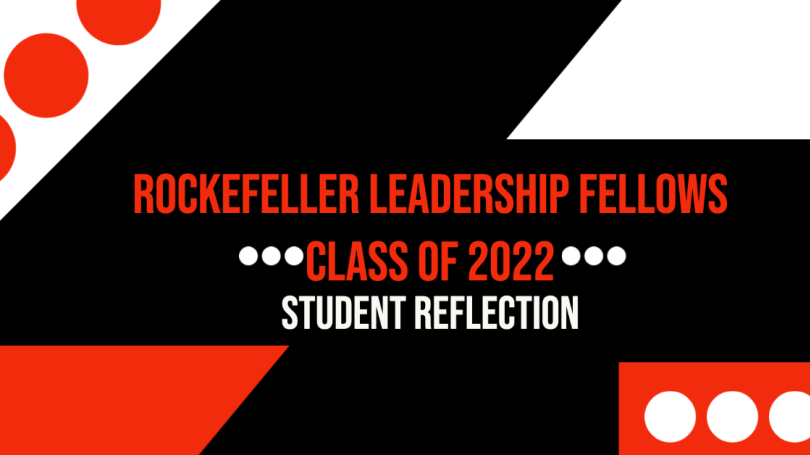
- Public Policy
- Leadership
- Funding
- News & Events
- About the Center
Back to Top Nav
Back to Top Nav
Back to Top Nav
Back to Top Nav
On January 14th, Awo Ado gave a presentation on the importance of names. Awo opened by discussing how names hold far more significance than just words that are attached to individuals, and that, particularly for those individuals who have experienced verbal butchering of their names, disrespect towards their names, and othering of their names, the significance of names goes far beyond simply being "what you are called". Through incorporating a poem by Ghanian poet Kofi Dadzie, Awo highlights the erasure of cultural and ingrained significance of the name that occurs when it is mispronounced, mocked, misspelled, and denied effort of correction by others. Awo provides additional background on specifically Ghanian names, and how, in the Ashanti region particularly, names were one of the only things that survived British colonization. The persistence of these names even through the continued persecution and erasure of other pre-colonial traditions from the region now known as Ghana makes the idea of it "tasting bitter in a white man's mouth" all the more indicative of modern colonialism. This truly encapsulates Awo's main point: that these modern forms of colonialism and white supremacy directly impact the views and associations we have towards non-Western names and, in the context of the US, non-white names. This is reflected in rejections on job applications and lower scoring in interviews from people with non-white names, and also in views of individuals with non-white names in schools and workplaces. It also denotes a culture of disrespect towards not just the person, but also their very identity, because you are demonstrating that you are not valuing that person as an equal, or their background/history that is represented in their name. Awo makes these points using an article from Iman Baobeid from the University of British Columbia, who outlined identity, respect, and individuality as three forces behind the importance of names, and a 2004 study done by Bertrand and Mullainathan concerning labor market discrimination based on names.
This content directly affects Awo's leadership experience in my opinion. As someone who's known Awo since freshman year, and has seen the painstaking efforts she has put into ensuring that her name is pronounced correctly, it is clear that she is not only directly and regularly impacted by the active erasure of her name, but also sensitive to it for others. This carries over into her interactions with others and her leadership style, which hinges on mutual respect, starting with learning and giving respect and due diligence to the names of those around her. In emphasizing the steps that one can take to combat name discrimination and disrespect, Awo outlines the ways that she has taught those around her to reflect and put increased effort into properly pronouncing and not discriminating against others based on their names. Encouraging individuals to ask how to pronounce someone's name or even what their name reflects her own experience with people not doing that and not putting in the effort to learn her name. Awo made an excellent presentation.
-Written by Olivia Marquis, Class of 2022 Rockefeller Leadership Fellow
As Rockefeller Leadership Fellows, seniors gain a better understanding of the qualities and responsibilities expected of leaders. As Fellows take part in the workshops, discussions, and team-building exercises, they examine their skills, qualities, and attributes as leaders and analyze how these influence teamwork and achieving goals.